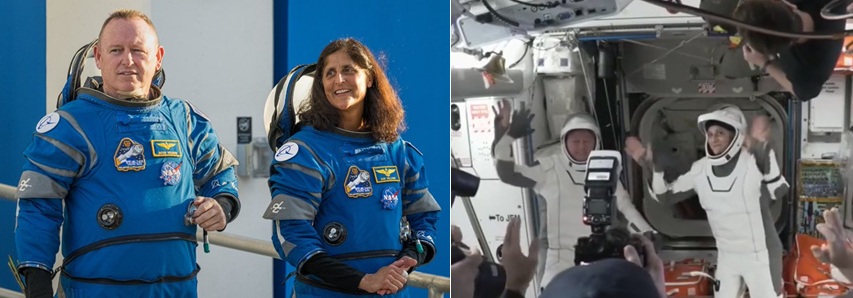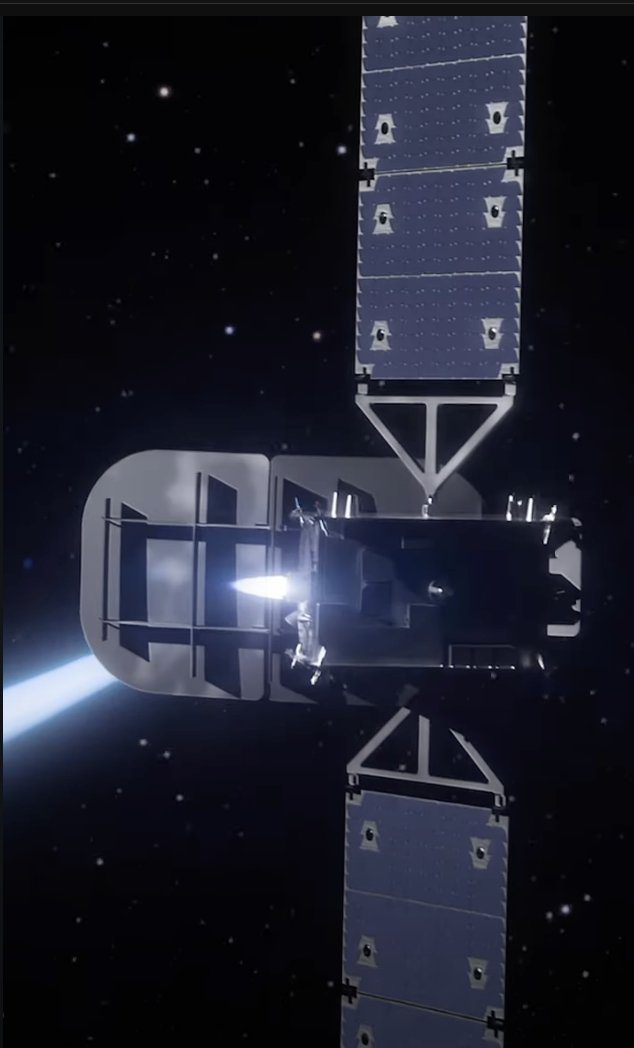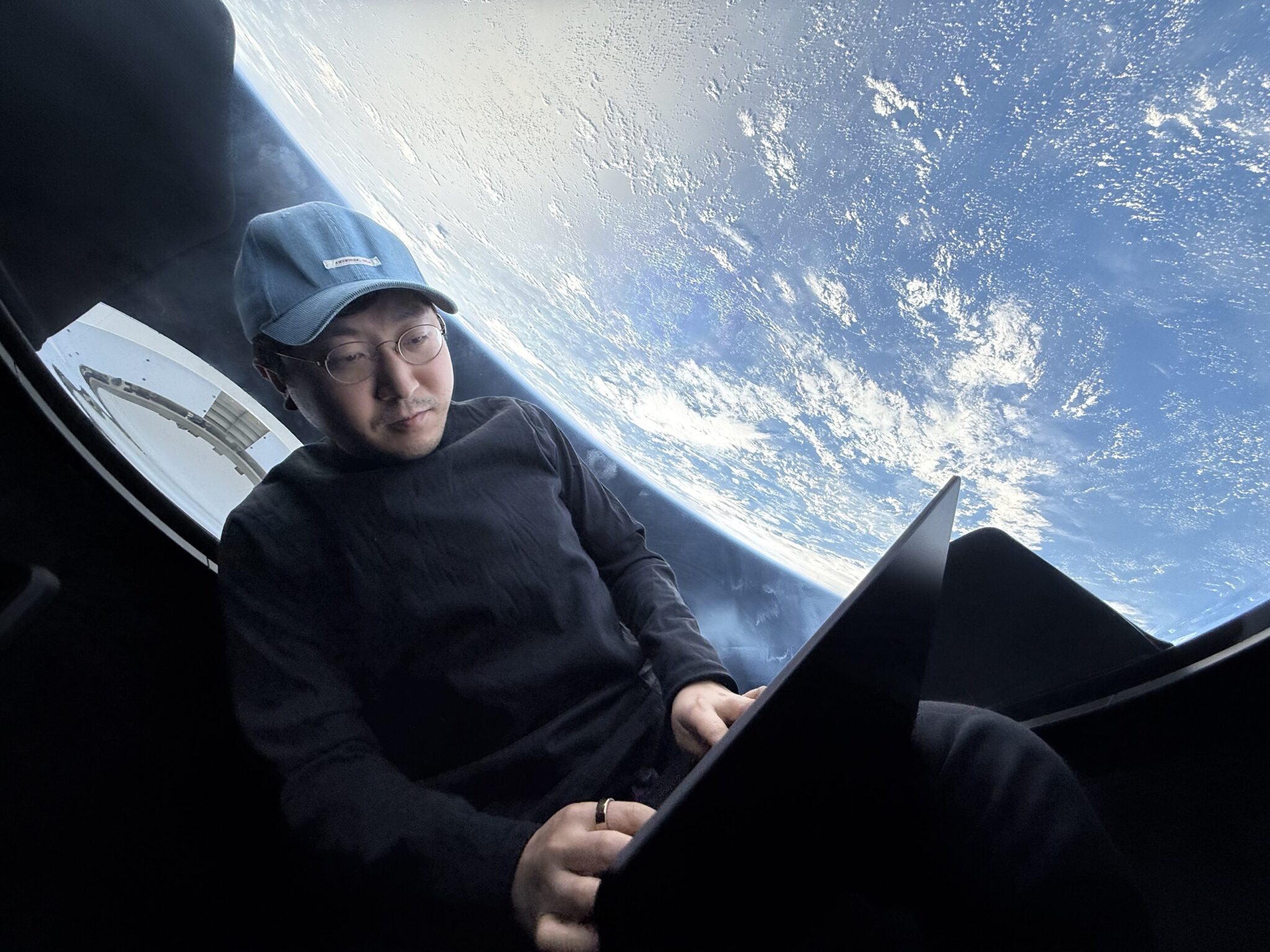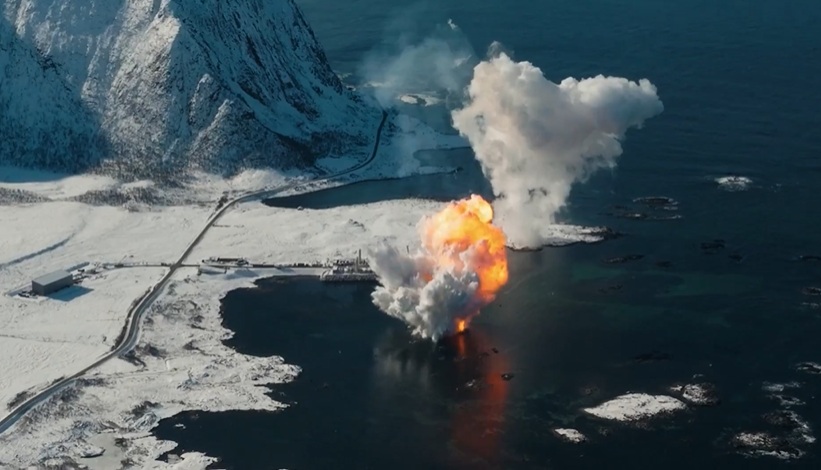The effects of Russia’s war with Ukraine are being felt in unexpected places. Elon Musk, CEO and Founder of SpaceX, has taken a hand in the progress of the war – and been strongly criticised for doing so. Meanwhile, Russia is running out of munitions and is allegedly exchanging its space technology for munition supplies from North Korea.
When Russia invaded Ukraine, in February 2022, it took down a major portion of Ukraine’s telecommunications network. Elon Musk stepped into the breach with his SpaceX team to supply Starlink satellite-based internet service and terminals, gaining plaudits along the way. While there was later some friction over the cost of this, in the end the US government stepped in to cover it. The service has proved to be good and reliable.
Unsurprisingly the move served SpaceX well, as it demonstrated the strength and power of its low Earth orbit constellation to the world. The only problem was that its stellar technical performance was not only being employed for civilian and humanitarian purposes: the Ukrainian military were also using it to relay control signals to various air and sea-borne weaponry, including sea drones.
Things were going well until September 2022 when the Ukrainian military complained about “connectivity issues” in the coverage of the Starlink system, which SpaceX had allegedly switched off in certain battle areas. Then an incident occurred that threatened to sour the relationship between SpaceX and the US Government as it implied that Elon Musk was effectively interfering in US foreign policy. The Ukrainian military asked for the system to enable service over Crimea, after belatedly realising that this was not included, so that it could mount a sea drone attack on the Russian Navy in its Sevastopol Naval Base.
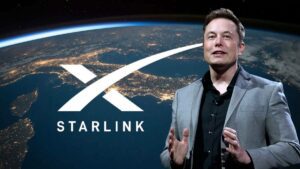
Elon Musk during presentation on Starlink. Courtesy: via Khaama.com
At this point, Musk intervened by refusing to allow this to happen because of concerns that the attack might prove to be escalatory – to the point of a limited nuclear strike against Ukraine, which in turn could bring other nations into the war. Musk was apparently warned by Russia’s ambassador to the US that Russia would use a nuclear weapon if such an attack took place. Some say this threat was a typical ‘power play’ of the Putin regime to get what it wants.
This revelation has resulted in Elon Musk being branded by some as a ‘traitor’ to the US – something the SpaceX founder strongly denies. Internet jesters have even nicknamed him “Joseph Starlink”. It has not helped Musk’s case that Putin subsequently described the billionaire as an “outstanding person” and a “talented businessman”. Even the political left-wing of the US is concerned. Democratic Senator Elizabeth Warren has called for an investigation into Elon Musk’s decision, expressing concern that he might, in effect, be in a position to change US foreign and military policy.
Update on 13 September 2023: Elon Musk subsequently claimed that, even if he wanted to, his SpaceX Starlink constellation was not allowed to operate over Crimea due to US sanctions against Russia. Crimea has been an illegally annexed part of Russia since 2014.
The US Department of Defence (DoD) was already reported to be angry over Musk’s original reluctance to let Ukraine use Starlink satellites for military communications, especially to control drones and missiles. The US DoD cannot technically dictate what commercial companies can do, as long as the US is not in a state of war, or its national security compromised. However, it does have power to pressurise companies via the financial contracts its gives out and through the access provided to launch sites. For example, the DoD’s funding of the use of Starlink in Ukraine is thought to be a major proportion of the constellation’s revenues.
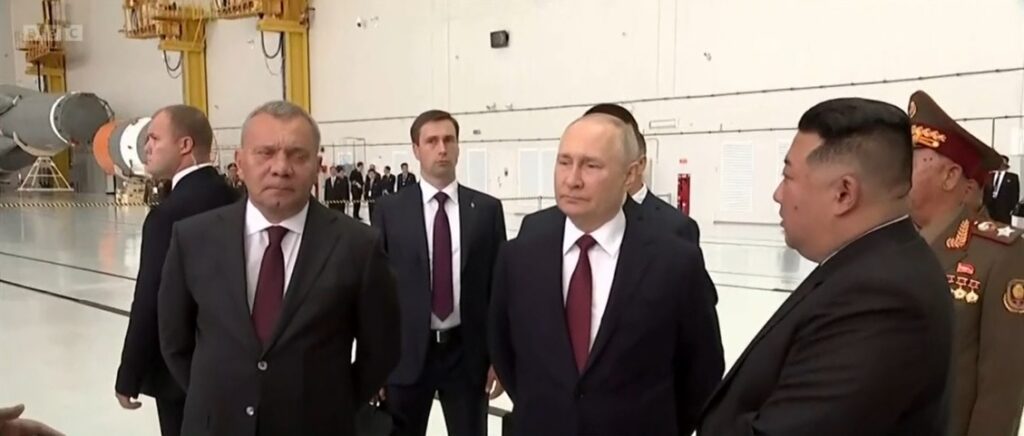
Kim Jong-un (right) is shown around the space preparation facilities at Voshotny by Putin (centre). Courtesy: Kremlin.ru via BBC
A second unexpected outcome of the year-and-a-half war of attrition, originally envisaged by Putin as a short “special military operation”, is that Russia is seeking help from its ‘allies’ to replenish its whittled down stocks of shells and missiles. The Democratic People’s Republic of Korea (DPRK) – North Korea – carries large stocks of artillery shells in Russian calibres ready to shell the nearby South Korean capital, Seoul, should a war break out.
Russia has been in negotiations to acquire some of these munitions, exemplified by a recent visit to Pyongyang by Russian Defence Minister General Sergei Shogu. In exchange for artillery and shells, plus anti-tank weapons, North Korea wants space technology. It has made several attempts to launch small satellites – most of which have ended in failure – and it needs Russian know-how. Kim’s regime also wants other military hi-tech items, such as ballistic missile technology and new fighter jets (Kim Jong-un will be visiting Russian military hardware plants), plus food aid for its famine-prone people. Thus, a full or partial exchange agreement is thought to be likely.
As a follow up, Kim Jong-un took an armoured train ride (he fears flying) to meet Vladimir Putin at Vostochny Cosmodrome in Far East Russia on 13 September. It is not yet known if a deal was signed, but any such deal may well break UN sanctions prohibiting the purchase of military hardware and munitions from North Korea. While not confirming the munitions element of the rumoured deal, Putin did effectively confirm that the supply of space technology was discussed at the meeting.

